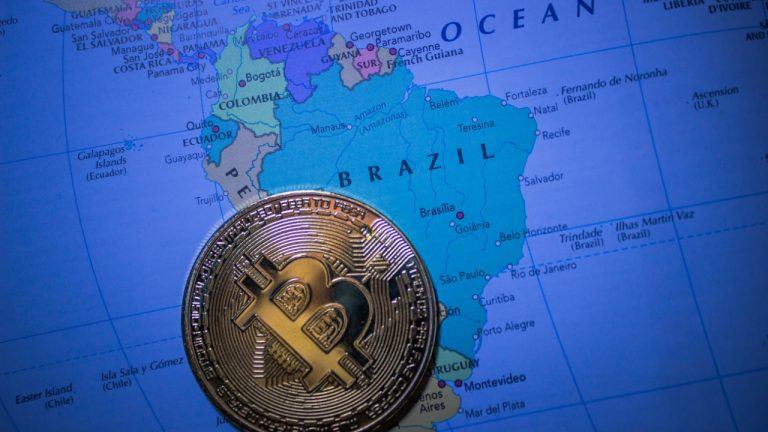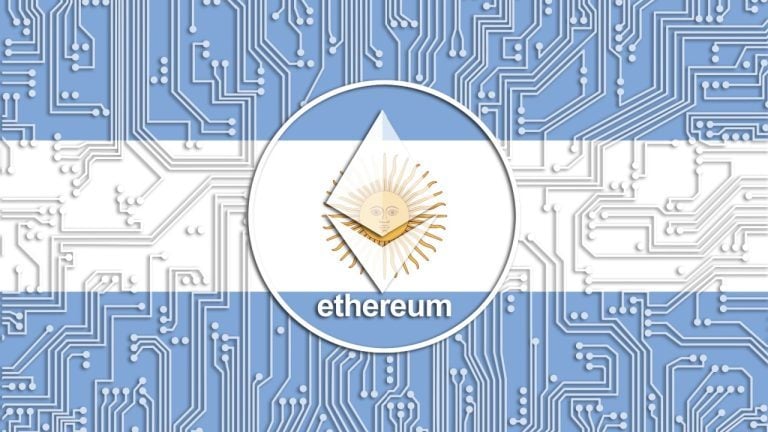
An investigation led by the Organized Crime and Corruption Reporting Project (OCCRP) alleges that Nayib Bukele, President of El Salvador, deviated hundreds of millions of dollars granted by the Central American Bank for Economic Integration (CABEI) to develop the project of making bitcoin legal tender.
OCCRP States Nayib Bukele Embezzled Funds to Make Bitcoin Legal Tender in El Salvador
The Organized Crime and Corruption Reporting Project (OCCRP) recently revealed an investigation that determined Nayib Bukele, President of El Salvador, embezzled funds to complete Bitcoin-related projects in the country. The report, published on October 31, states that the government used resources provided by the Central American Bank for Economic Integration (CABEI) as a loan to fund part of the process of making bitcoin legal tender in the nation.
The loan, which was provided by CABEI back in 2021, was directed to alleviate the economic problems of the nation, strengthening financing of small and medium enterprises (SMEs) during the Covid-19 pandemic. According to the investigation, of the $ 600 million lent, only a fraction — $ 20 million — was used for its intended purposes.
Instead, budget documents allegedly reviewed by OCCRP associates in the country show that $ 425 million was directed to fulfill “general state obligations.”
The Bitcoin Connection
But the investigation goes even further. The OCCRP found that out of these $ 425 million, more than $ 200 million were directed to help make bitcoin legal tender in El Salvador.
At that time, CABEI announced its public support for the Bitcoin project. In June 2021, CABEI’s president Dante Mossi explained the institution would help the country in this process.
Mossi had stated:
This is great news for the region. We are very proud to be the first to receive the request from the Government of El Salvador in this transformative process that is making history again today, by being the first country to adopt bitcoin as an official currency.
Nonetheless, the terms of the $ 600 million loan prohibited the country from using these resources to fund Bitcoin-related activities, given that earlier studies had estimated El Salvador would have to make extensive legal and regulatory reforms and that these would need extensive funding.
Mossi explained:
Basically, it says there’s a covenant in El Salvador, that no money from CABEI could be used to fund any Bitcoin activity. So we don’t, we don’t fund that.
The “bitcoinization” process of El Salvador is also facing several complaints made by Cristosal, a nonprofit organization. In November 2022, Cristosal filed three legal actions against the Salvadoran government related to the management of funds that Bukele used to purchase bitcoin, the construction of the Chivo national network of Bitcoin ATMs, and the alleged identity theft of more than 200 citizens using the Chivo network.
What do you think about the recently published OCCRP report? Tell us in the comments section below.
Bitcoin News








Leave a Reply
You must be logged in to post a comment.